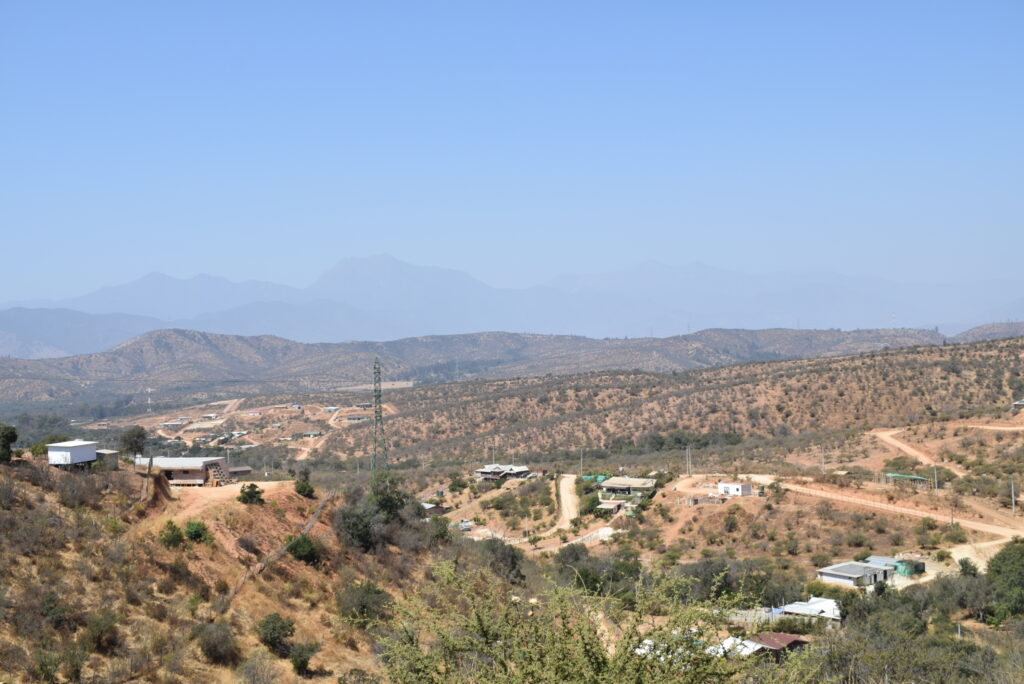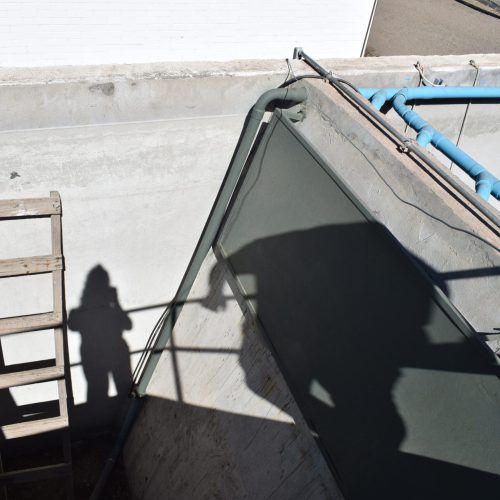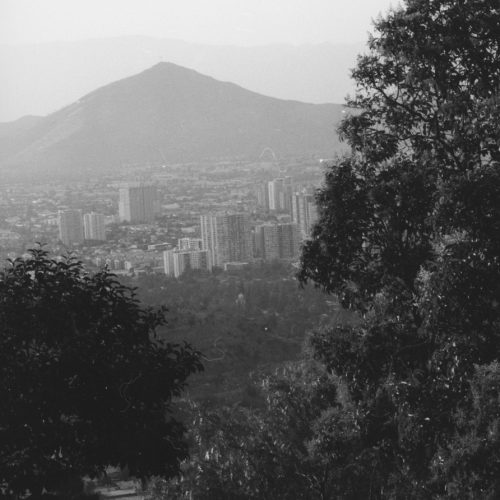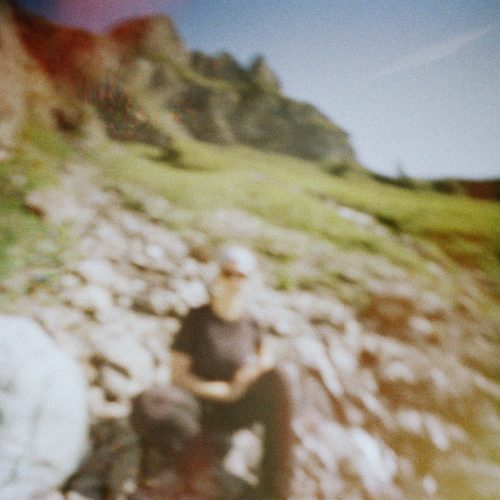water privatization and avocado monoculture. chile. 2023

« No concentrated urbanization without extended urbanization » .
Architects view the building environment as representing 2% of the space to study and transform. However, crucial changes occur in the remaining 98% of spaces in the countryside. Agrarian issues help us to understand the construction of the land. It shows us how man relates to the ground, takes it, treats it, and evaluates it.
The concept of extended urbanization (Schmid and Topalovic, 2023) is about understanding that urbanization processes are not just in the city but also impact places beyond the urban boundaries. These new urban extensions, mostly known as « rural areas, » are subject to various challenges facing the ecological crisis related to biodiversity and agriculture.
As a focus work of the lecture Agrarian Questions Under Extended Urbanization (Bathla and Schmid, ETHZ, 2022), I took a territory in Chile to illustrate this concept. The case study is about Petorca, a commune in Valparaiso. The monoculture of avocados, Palta Hass, destined for international exportation, also takes place in this valley. This commerce has an irreversible impact on the region, which has been declared dry since 2010. The rivers are dried, the bridges are obsolete, the inhabitants lack water, and the truck supplies them, but there is an intense avocado production that is taking away all the underground water.
This contradiction exists because of the privatization of water, which was one of the liberal policies implemented in the 80s year during the dictatorship period of Pinochet.
Petorca exemplifies how a liberal policy can lead to environmental and social deterioration.





